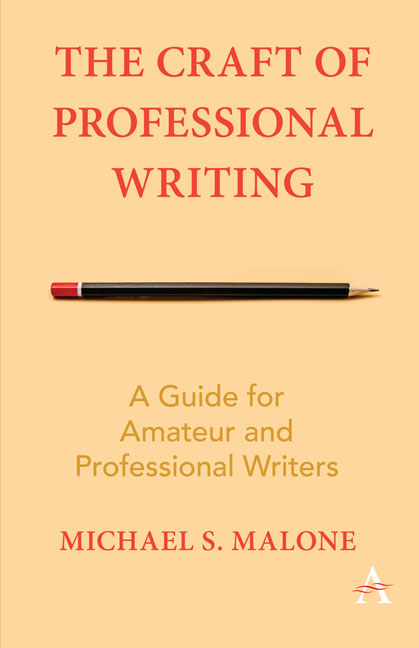Part Two - Corporate Careers and Disciplines
Summary
That completes a quick tutorial on language and basic writing. The next part looks at different forms of professional writing, and at careers that make use of those forms.
Each of the following chapters will address one of those careers. We'll look, in turn, at a definition of the profession, give a brief history of the field, provide a taxonomy of the different writing forms used by the profession, provide some standard forms that you can use in years to come, and tips for producing professional quality work. Finally, we'll also address the advantages and disadvantages of the profession, as well as common career turning points.
We will end many chapters with real-life examples (mostly from the author's career) to show the rules in practice.
The next three chapters will look at careers typically related to corporate life— all of which fall under the title of corporate communications. Public relations, advertising and speechwriting are often found as departments in large corporations, and as stand- alone jobs in smaller ones.
That said, this work is also found in independent agencies that serve the corporate world, as well as government, academia, and nonprofit institutions. A number of freelancers work in these professions, especially speechwriters. The result is very synergistic universe in which freelancers are contracted by agencies, which in turn provide corporate departments with content materials (press releases, speeches, ad copy) for which they are kept on retainers. In this world, corporate communications professionals may produce their own written materials or act as managers/ editors for the contracted agencies or freelancers.
Also, note that there are other writing careers within corporate life that are not directly discussed in this book. In some careers, such as marketing, writing may play a sizable role but yet remain sublimated to the larger work of the profession. In others, such as editing and writing in- house newsletters and magazines, the work is so similar to their counterparts in the media that we discuss them in the chapters dedicated to those professions.
As you read these chapters please keep in mind one underlying theme of this book: all forms of professional writing are valid career choices. And all deserve the highest levels of ethics and professionalism.
- Type
- Chapter
- Information
- The Craft of Professional WritingA Guide for Amateur and Professional Writers, pp. 27 - 28Publisher: Anthem PressPrint publication year: 2018



